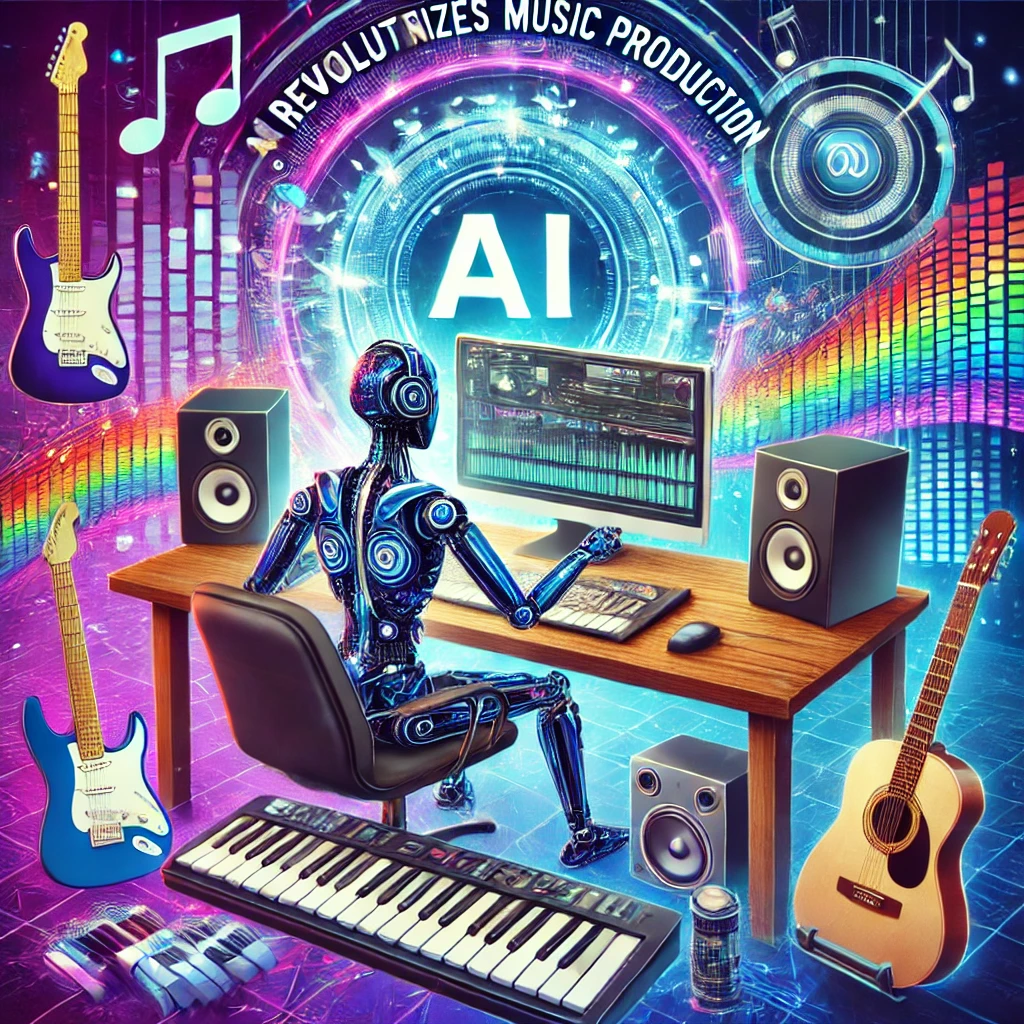 Tech
Tech
Artificial Intelligence: Revolutionizing Music Production
Artificial Intelligence (AI) is reshaping the music industry, introducing innovative tools that enhance creativity and streamline production processes. From composition to mastering, AI’s integration is both transformative and contentious.
AI in Composition and Songwriting
AI algorithms analyze extensive musical datasets to generate new compositions. Tools like AIVA (Artificial Intelligence Virtual Artist) assist musicians by providing fresh ideas and variations, thereby expanding creative possibilities. This collaboration between human artistry and machine learning fosters a dynamic creative environment.
Streamlining Mixing and Mastering
The mixing and mastering stages, traditionally requiring meticulous attention, are now expedited through AI. Platforms such as LANDR employ AI to automatically adjust audio tracks, ensuring optimal sound quality and consistency. This efficiency benefits both independent artists and established producers by reducing time and technical barriers.
Vocal Synthesis and Cloning
Advancements in AI enable the creation of synthetic vocals that mimic human voices. This technology allows artists to experiment with different vocal styles and even recreate voices of deceased performers, as seen in projects like “Now And Then,” where AI was used to isolate John Lennon’s vocals from a 1977 recording. While this innovation offers creative opportunities, it also raises ethical questions regarding consent and the use of an artist’s likeness.
Personalized Music Experiences
AI enhances user experience on streaming platforms by analyzing listening habits to provide personalized music recommendations. This personalization helps listeners discover new artists and genres tailored to their preferences, fostering a deeper connection between music and its audience.
Ethical and Legal Considerations
The integration of AI in music production raises ethical and legal questions, particularly concerning copyright laws. Musicians like Paul McCartney have expressed concerns that AI could “rip off” artists by using their work without proper compensation. The UK government is currently consulting on copyright law reforms to address these issues, aiming to balance AI innovation with the protection of creative rights.
Conclusion
AI’s role in music production is multifaceted, offering tools that enhance creativity and efficiency. However, it also necessitates careful consideration of ethical and legal implications to ensure fair compensation and protection for artists. As the industry evolves, a balanced approach will be essential to harness AI’s benefits while safeguarding the integrity of human creativity.
Recent Posts
- Tyla’s “Bliss” Ushers in a Vibrant New Chapter for South African Pop
- Wrestling Fans Buzz Over 2025 Money in the Bank Predictions
- DC Comics’ Cheetah and Cheshire Rob the Justice League Promises a Villainous Heist Like No Other
- Bitcoin Hovers Near $95K as Post-Halving Scarcity and ETF Demand Rekindle Crypto Bull Run
- Cryptocurrency Stocks Tumble Amidst Market Turbulence Following Trump’s Tariff Announcement
- Bybit Crypto Exchange Hacked, Over $1.4 Billion in Ethereum Stolen in Record-Breaking Breach
- How Meme Coins and Influencers Are Cashing In Like Never Before
- Artificial Intelligence: Revolutionizing Music Production
- Navigating the Complexities of Title IX with Joseph Lento
- This AI-Driven Japanese Company’s Stock Has Soared 400% in 2024



